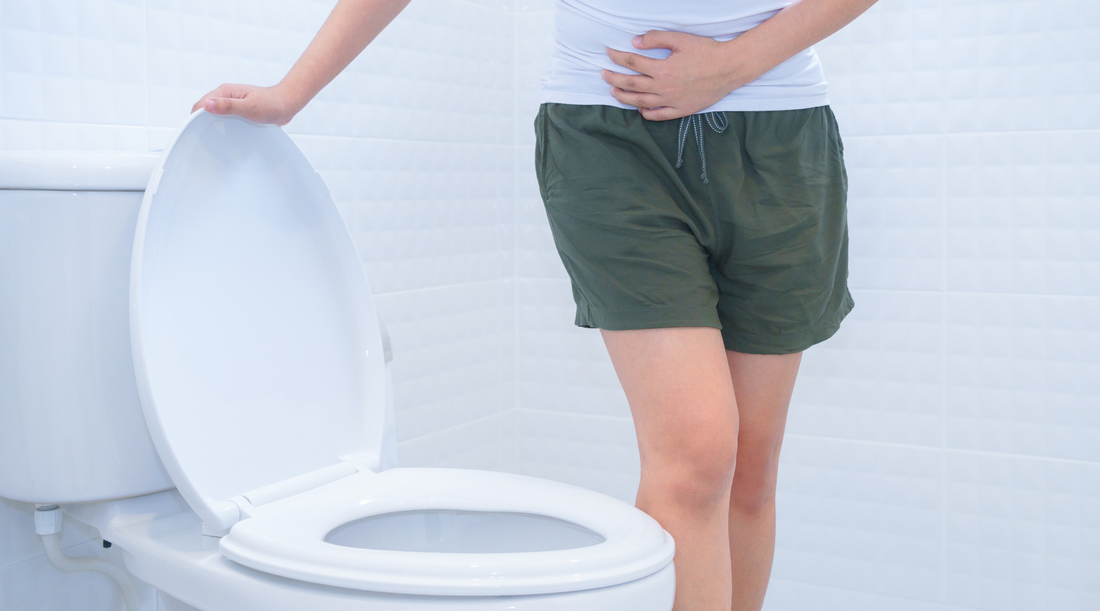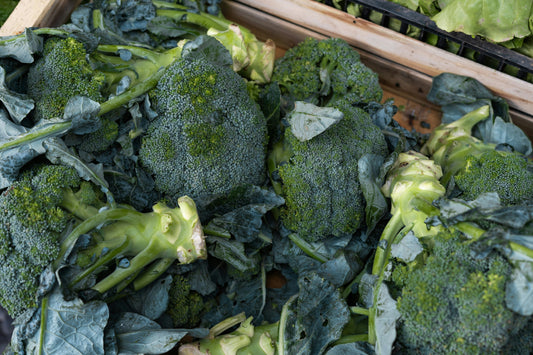Do you experience a change in bowel movements in the lead-up and during your period? Pre-period poops are 100% a thing. Let’s talk about why this happens and how you can improve your poops during that time of the month.
Inflammatory mediators known as prostaglandins have a lot to do with many symptoms you experience pre-period, including your bowel habits. Leading up to your period, endometrial cells which line your uterus produce excess prostaglandins – stimulating the uterus to contract and shed its lining monthly. Excess prostaglandins also cause smooth muscle in your bowels to contract, increasing the frequency of bowel movements. The more prostaglandins, the more likely you are to experience diarrhoea during your period.
But what if you’re having troubling pooping before your period? Constipation leading up to your period is all thanks to progesterone. An increase in progesterone causes muscles in the digestive tract to relax, reducing bowel motility. When progesterone production speeds up, your bowels slow down resulting in constipation. Many women will experience a rollercoaster of bowel symptoms in the last 10 days of their cycle and the first 5-6 days of the next one.
So, what can you do to improve your period poops?
Anti-inflammatory eating: Adopting an anti-inflammatory style of eating supports healthy prostaglandin and progesterone production, easing digestive symptoms. Including lots of nuts, seeds, fruits, vegetables, and oily fish into your diet will help to down-regulate inflammation, improving your number twos during that time of the month.
Hydrate: It might go without saying to some, but many people underestimate the power of hydration. Increasing water content inside the gut helps to soften stools and stimulate bowel movement if you are experiencing constipation. Keeping your fluid levels up is also important if you are experiencing diarrhoea. It is recommended to drink at least two litres of water daily for adequate hydration.
Increase fibre: Fibre-rich foods speed up the movement of food through the digestive tract and softens stools, preventing constipation. Examples of foods rich in dietary fibre include beans and lentils, fruit and vegetables and whole grains. Focusing on increasing your fibre intake will help to support hormone clearance and improve bowel function.
For more help with uncomfortable hormonal symptoms check out my new hormone course - Happy Hormones.




